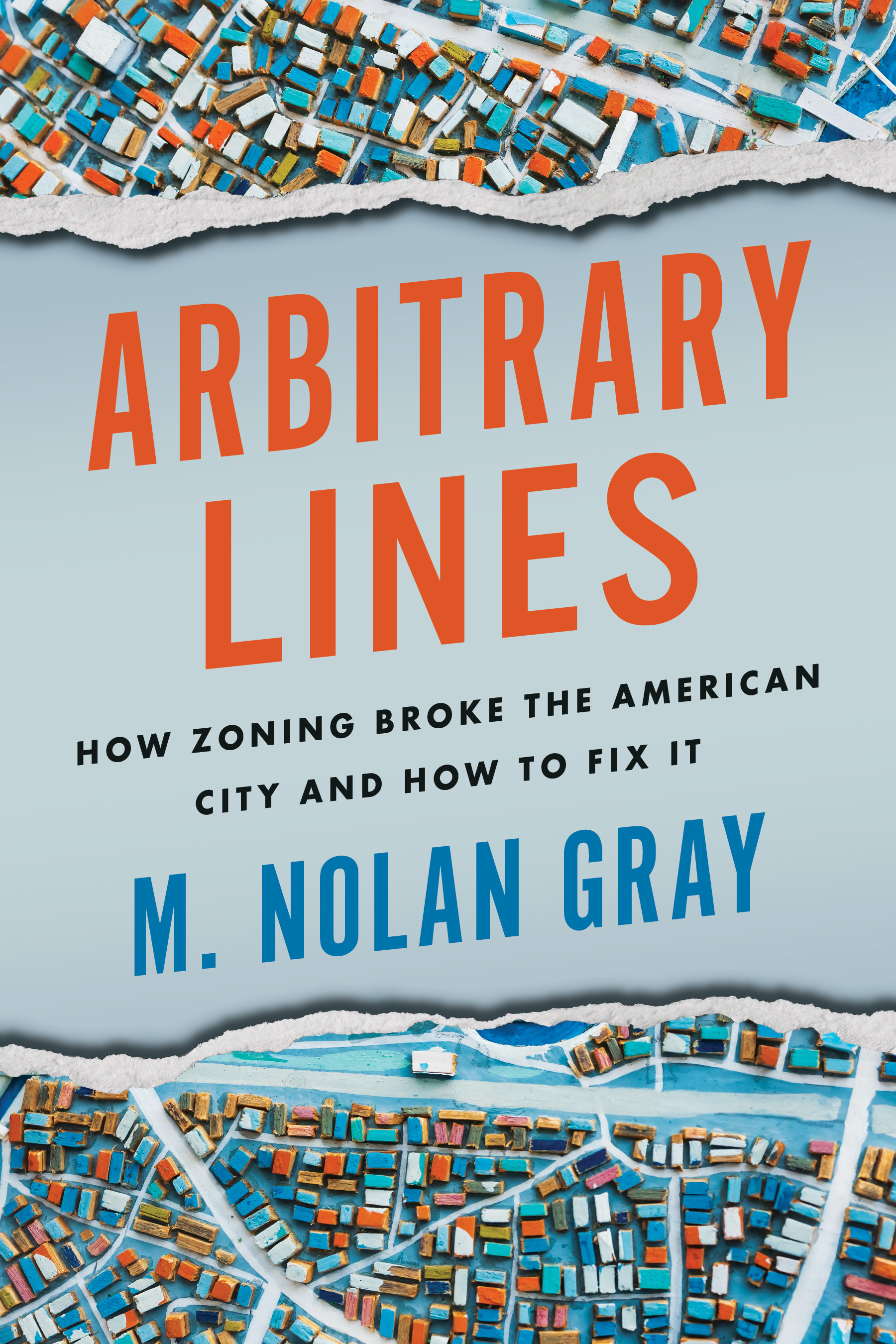The holidays finally gave me some quiet to finish Lee Dugatkin's "Dr. Calhoun's Mousery." It's a very readable account of the the life and work of a fascinating figure in rat and mouse research after World War II. John Calhoun used his research on crowding and population dynamics in experimental mouse/rat colonies to muse about the human condition. What do rat experiments tell us about the design of cities? about "the population bomb" in humans? Calhoun himself and those who receive his work swing back and forth between wild extrapolations from mouse to human and careful framing of the research about being only about animals. Today, Calhoun's work is all but forgotten.
User Profile
Just giving this a try because Goodread sucks.
This link opens in a pop-up window
Harald reads's books
User Activity
RSS feed Back
Harald reads finished reading Dr. Calhoun's Mousery by Lee Alan Dugatkin
Harald reads rated Light at the End of the World: 4 stars
Harald reads finished reading Light at the End of the World by Siddhartha Deb
Harald reads started reading A Brief History of Motion by Tom Standage
Harald reads wants to read Verschwende deine Jugend by Jürgen Teipel (Suhrkamp Taschenbuch, #3271)

Verschwende deine Jugend by Jürgen Teipel (Suhrkamp Taschenbuch, #3271)
Verschwende Deine Jugend ist ein Buch von Jürgen Teipel, das am 17. Oktober 2001 im Suhrkamp Verlag Frankfurt erschien und …
 Harald reads
boosted
Harald reads
boosted
Heute vor drei Jahren verstarb der Anarchist und Anthropologe David Graeber. https://de.wikipedia.org/wiki/David_Graeber #RestInPower
Harald reads finished reading The Ordinal Society by Kieran Healy
Harald reads started reading The Ordinal Society by Kieran Healy

The Ordinal Society by Kieran Healy, Marion Fourcade
We now live in an “ordinal society.” Nearly every aspect of our lives is measured, ranked, and processed into discrete, …
Harald reads finished reading Arbitrary Lines by M. Nolan Gray
The content overall was good, especially for people who aren't as familiar with what zoning is and isn't, and what it does and doesn't do. The structure of the book starts out well, but in the later sections of the book, repetitiveness in themes and language start to creep in. It's also a bit unclear who the audience for the book is: Is it trying to convince people who are already open to zoning being problematic to follow Gray's full zoning abolitionist project? Is it the abolitionist rhetoric employed to get proponents of zoning to give in a little and at least achieve reform?
Harald reads wants to read Light at the End of the World by Siddhartha Deb
Harald reads stopped reading What Can a Body Do? by Sara Hendren
Harald reads finished reading Kafka on the Shore by Haruki Murakami
Harald reads wants to read The Ordinal Society by Kieran Healy
Harald reads started reading Arbitrary Lines by M. Nolan Gray

Arbitrary Lines by M. Nolan Gray
What if scrapping one flawed policy could bring US cities closer to addressing debilitating housing shortages, stunted growth and innovation, …














